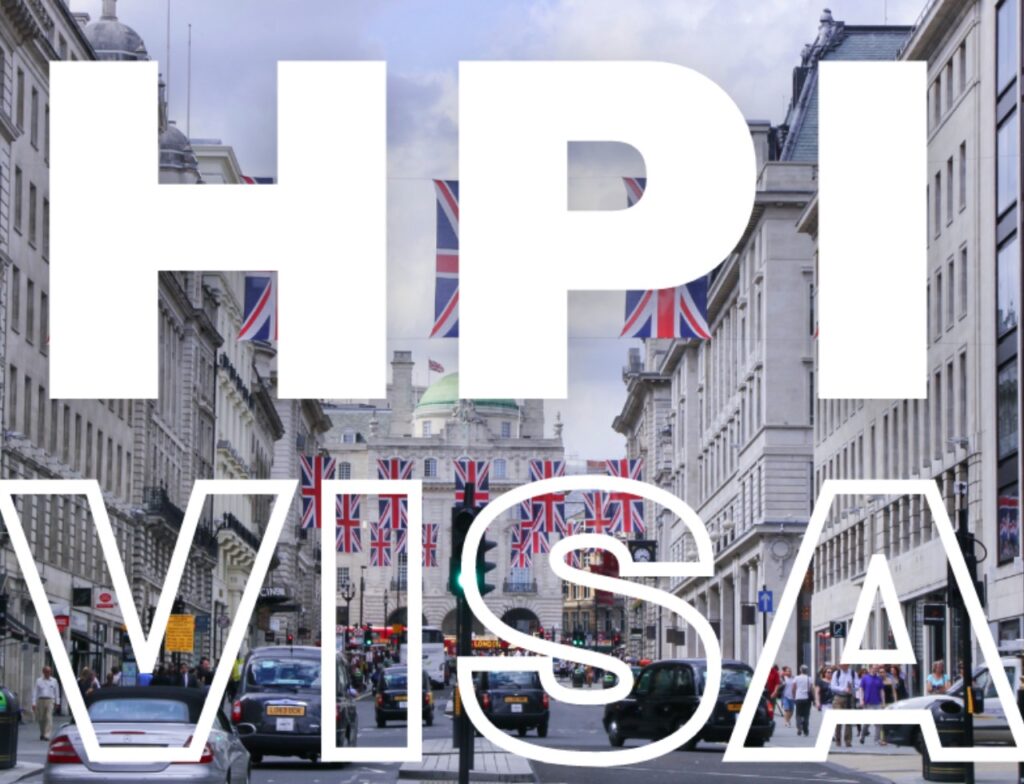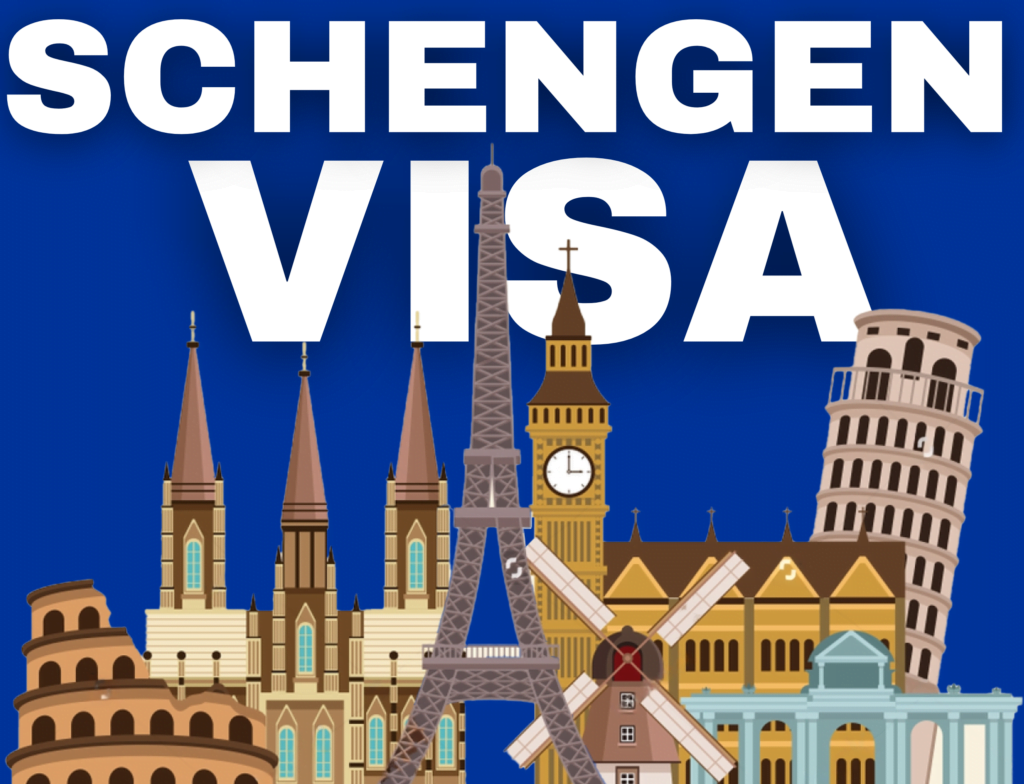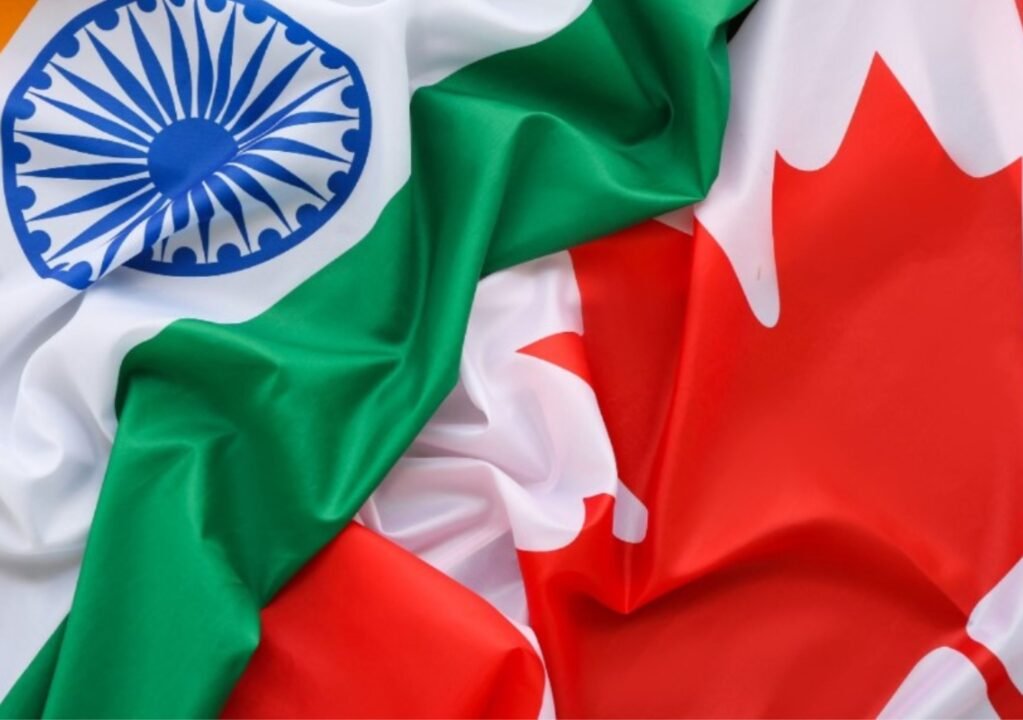The government of New Zealand has set up a new sub-category under their Specific Purpose Work Visa following an increase in requests for seasonal workers. The process of applying for extra labor during peak seasonal periods will be made easier so that crucial industries run unobstructed.
The Immigration Minister, Erica Stanford, repeated constantly how much the country really needs more workers for a myriad number of industries that have critical seasonal position requirements. Basically, the Specific Purpose Work Visa to New Zealand is really an effective and efficient category to help in the battle against labor shortages in the country. Making New Zealand’s immigration easier really means that labor needed by employers in the country will get much easier access, all while protecting opportunities available for local workers.
This represents a praiseworthy, forward-looking step vis-à-vis the difficulties that industries encounter at a time of seasonal peaks. Stanford reports that the change is in parallel to the government’s broader endeavor toward setting up a more intelligent immigration system that weighs employer demand against New Zealand citizens’ rights to seek work and do well.
Changes in Complement to the RSE Scheme
In addition to the new SPWV sub-category, the New Zealand government also increased the cap for workers under the Recognised Seasonal Employer scheme. The cap is to increase by 1,250 workers to a total of 20,750 in the 2024-25 season. This increase reflects ongoing demand in horticulture, viticulture, and other farming and fishing industries.
What is more, the pause on cost increases to accommodation and relaxation of wage requirements has been removed under the RSE. It would require the payment of 10 percent more than the minimum rate to only experienced workers, again making it more flexible for employers, but at the same time ensuring workers get a fair rate of pay.
Key Details of the New Visa Sub-Category
The new seasonal work visa category under the SPWV is an interim, time-limited pathway which has been tailored to the unique needs of seasonal roles in such a way that it offsets the RSE scheme. The category excludes roles in horticulture, viticulture, and fishing, and instead concentrates on other seasonal activities where labor shortages are most acute.
To be eligible under this category, the applicants must meet the following criteria
Experience: at least four months in the job
Remuneration: not less than $29.66 per hour for the job
Duration and Hours: is for at least 30 hours of work per week, and not more than nine months in total
Employer Accreditation: The employer is to be currently accredited undertheAccredited Employer Work Visa instructions.
These stringent requirements are to ensure that the visa is used for the right purposes in meeting genuine labor needs, and the reasons behind them are always based on protecting the rights of both local and foreign workers.
A Smarter Immigration System for New Zealand
The new SPWV sub-category is thus an essential step in New Zealand’s efforts to build a more flexible and responsive immigration system. At the same time, making these solutions more seasonal practice-targeted, the government ensures the resilience of the country. This assures the availability of a fair labor market for all.
As New Zealand refines its immigration policy, the focus is on opening opportunities for all those who want to contribute to the growth of the country while safeguarding the interests of New Zealanders.
Also in New Zealand, the government announced a new sub-category for work visas to help seasonal workers, indicating that the country is serious about trying to help the sectors that matter most to it through the pressure period. It will allow the government to open up a more streamlined and flexible employer access pathway to the labor they need to ensure the continued economic vitality of New Zealand.





